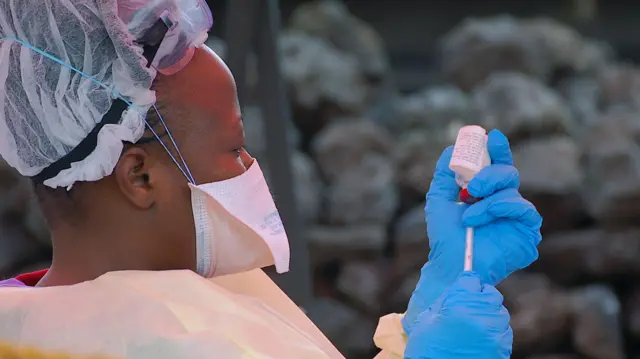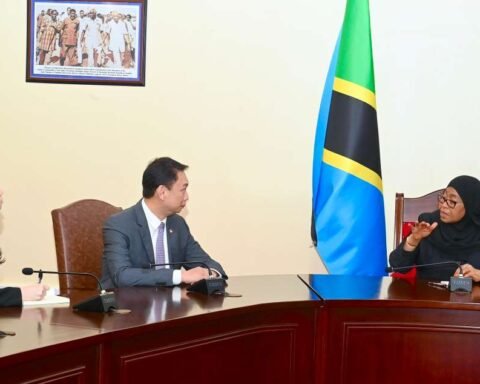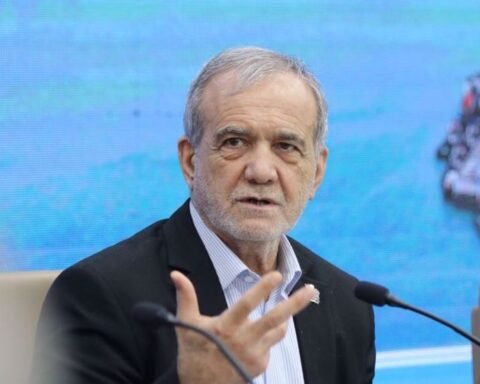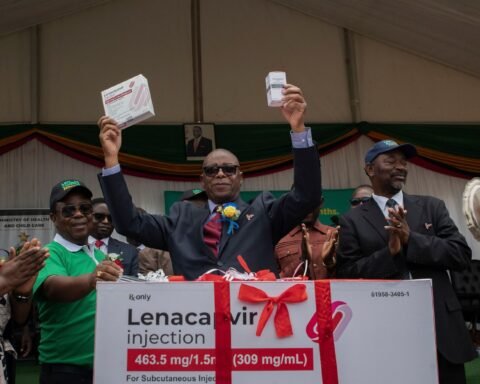Kinshasa, Democratic Republic of the Congo – Health authorities have confirmed a fresh Ebola outbreak in Kasai Province, claiming the lives of 15 people and leaving dozens more under close medical supervision.
This marks the 16th recorded Ebola outbreak in the country since the virus was first identified in 1976.
The outbreak was first detected when a 34-year-old pregnant woman was admitted to a local hospital with high fever, vomiting, and fatigue. She tragically died a few days later, prompting immediate investigation. Since then, 28 suspected cases have been reported, including several healthcare workers who contracted the virus while caring for patients.
The Democratic Republic of the Congo has faced repeated battles against Ebola, with past outbreaks occurring across various provinces. The last major flare-up was in 2022 in Equateur Province. Experts warn that the dense population and limited healthcare infrastructure in Kasai could allow the virus to spread quickly if not contained.
In response, the World Health Organization has deployed rapid response teams to the affected areas to support disease surveillance, improve case management, and implement strict infection control measures. Two tonnes of medical supplies, including protective gear and mobile laboratory kits, are being rushed to the region.
Also Read; Kim Jong Un’s Beijing Visit Sparks Secrecy Concerns
Additionally, thousands of doses of the Ervebo Ebola vaccine are being administered to frontline health workers and those who had contact with confirmed cases.
Local authorities are also urging communities to follow preventive measures, including avoiding close contact with infected individuals and promptly reporting symptoms like fever, vomiting, diarrhea, or unexplained bleeding. Public health education campaigns are underway to raise awareness and reduce fear, which can hinder containment efforts.
This outbreak coincides with ongoing health challenges in the region, including an ongoing mpox outbreak. Health officials emphasize that early detection, swift vaccination, and proper medical care are crucial to preventing a larger crisis.
Experts note that although Ebola remains deadly, advances in vaccines and treatments over the past decade provide hope for containing outbreaks more effectively. Authorities are closely monitoring the situation, emphasizing collaboration between international organizations, government agencies, and local communities to halt the virus’s spread and safeguard public health.







